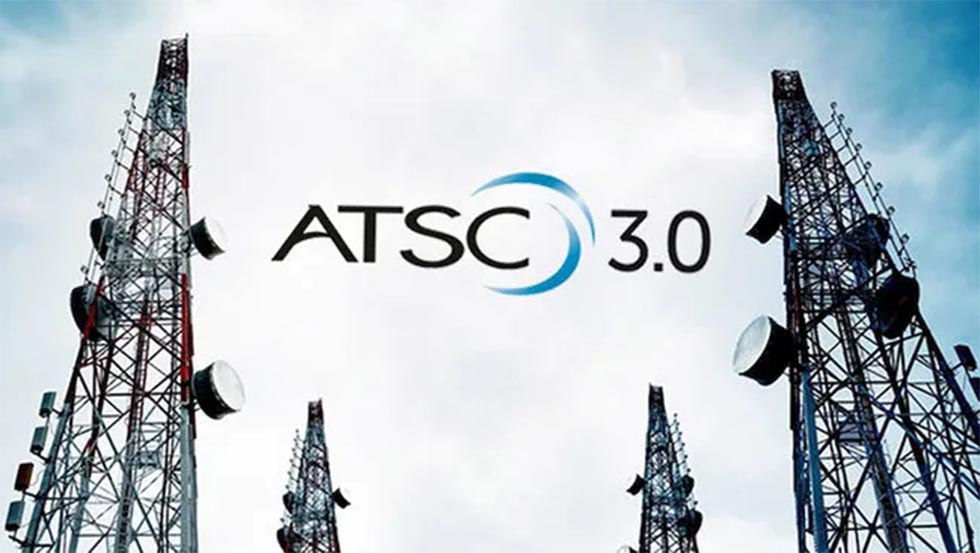Appeals panel questions FCC authority to mandate broadcast flag
The ultimate fate of the broadcast flag became more tenuous last week as a U.S. appeals panel questioned the authority of the Federal Communications Commission to require anti-piracy technology in digital television devices.
The U.S. Circuit Court of Appeals for the District of Columbia panel Feb. 22 heard an appeal filed last March by several consumer groups, including the America Library Association, the Medical Library Association and the Association of Research Libraries, objecting to commission rules mandating that copy protection technology be included in digital televisions and related electronics by July 1.
During the hearing, U.S. Circuit Judge Harry Edwards told the FCC that it had exceeded its authority and “crossed the line” when it instituted the broadcast flag rules.
The FCC maintained that its authority came from ancillary power allowed by Congress. Edwards told FCC lawyer Jacob Lewis that ancillary power did not give the commission the right to “rule the world.”
The FCC’s broadcast flag rule is intended to prevent a Napster-type free-for-all with high-definition television programming that could cause significant economic harm to rights holders resulting from unauthorized copying and redistribution of copyrighted music.
Circuit Judge David Sentelle acknowledged the potential harm and reluctance on the part of rights holders to make high resolution content available without mandated digital protection that’s likely to lead to a diminution in the availability of HD content. However, he said, “Congress didn't direct that you have to maximize content.”
However, Sentelle questioned whether the group contesting the broadcast flag could do so because of appellate rules requiring plaintiffs to show a specific injury before reviewing a case. A decision is expected in the next few months.
The professional video industry's #1 source for news, trends and product and tech information. Sign up below.
